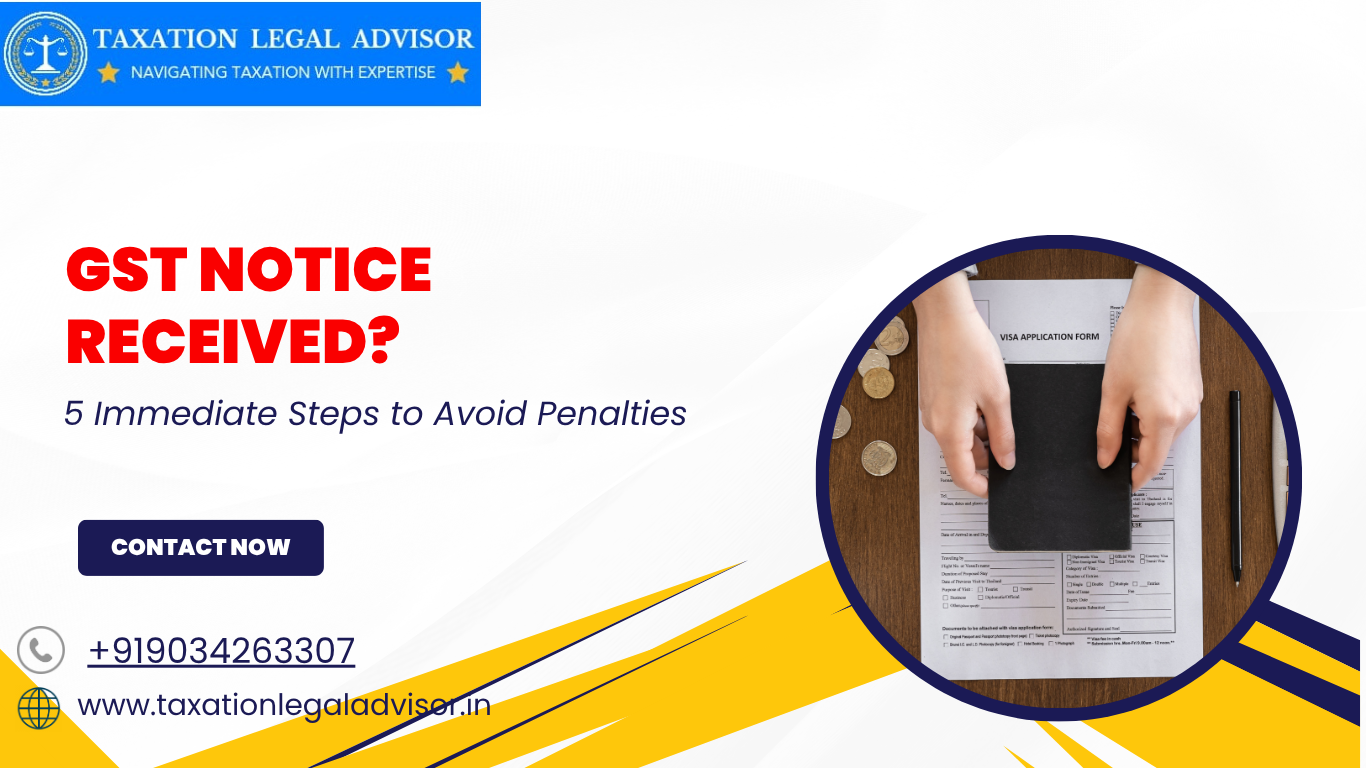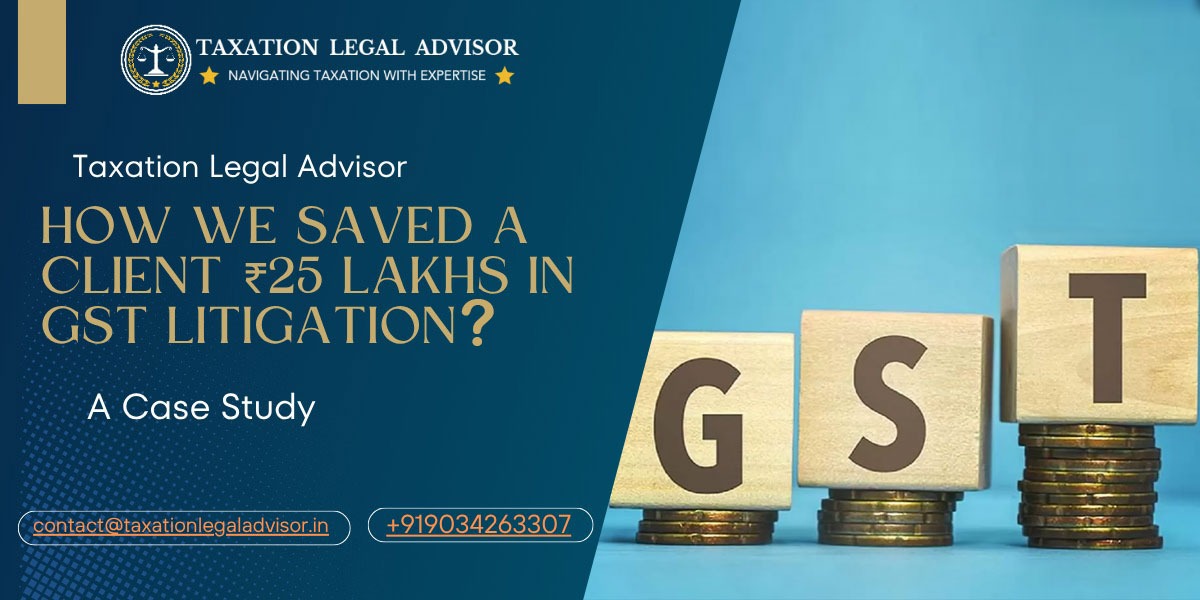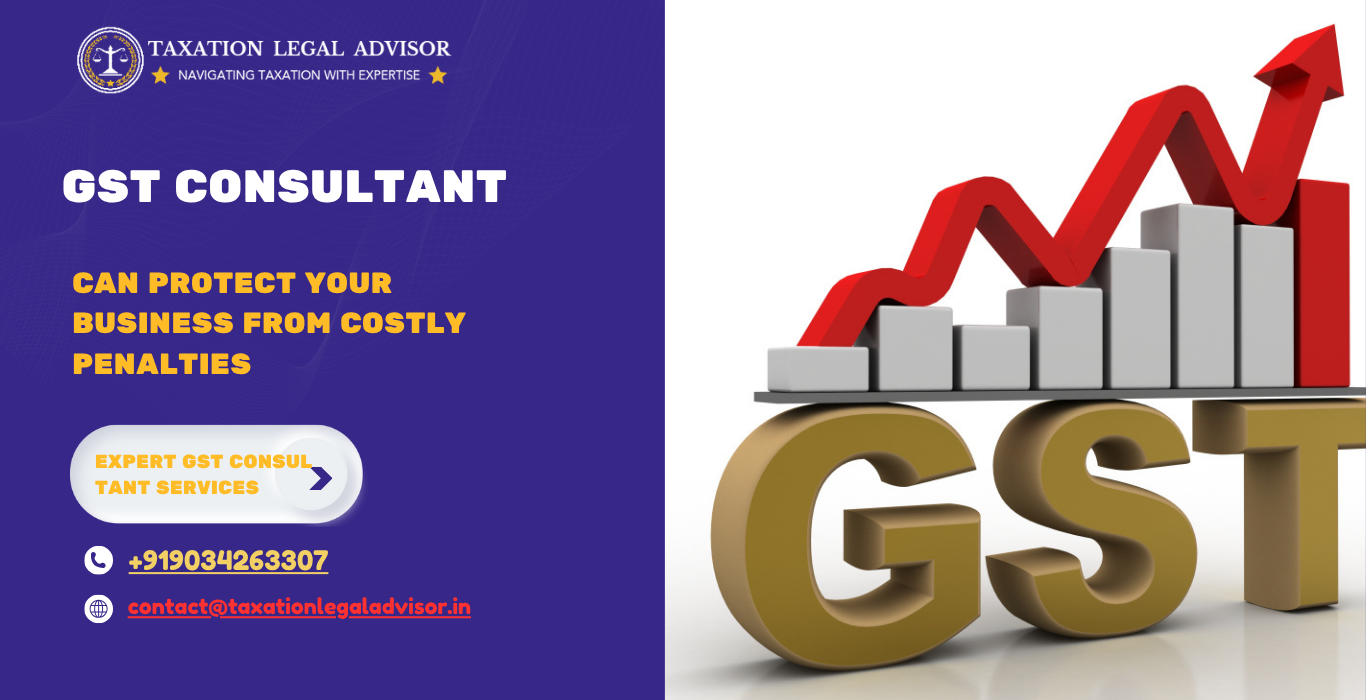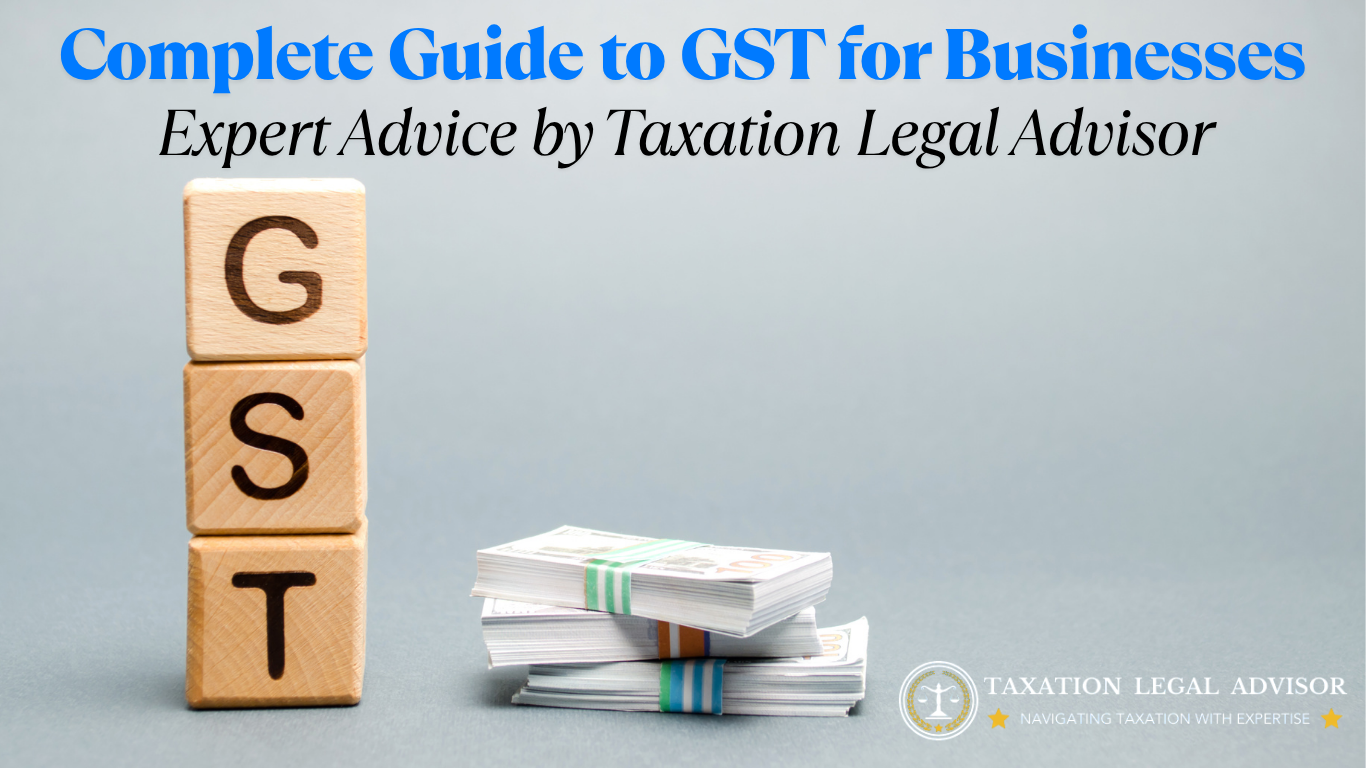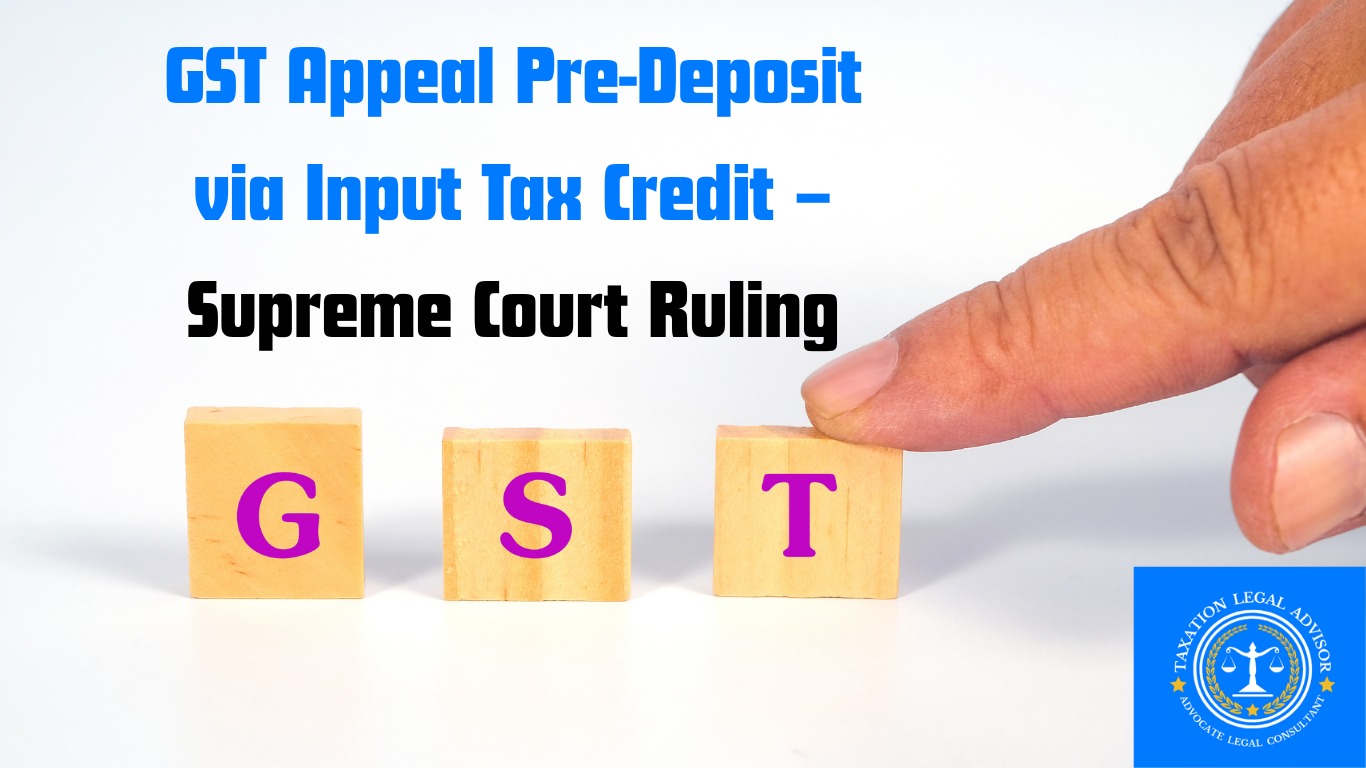Introduction
Receiving a GST notice from tax authorities can be stressful, but taking the right steps immediately can help you avoid heavy penalties and legal complications. Whether it’s a mismatch in GSTR-1 & GSTR-3B, ITC reversal demand, or scrutiny notice, this guide explains the 5 crucial steps to respond effectively.
At Taxation Legal Advisor, we specialize in GST dispute resolution and have helped businesses save lakhs in penalties.
Step 1: Verify the Notice Type & Deadline
Not all GST notices are the same. The first step is to identify the notice type and response deadline to avoid default penalties.
Common Types of GST Notices:
| Notice Type | Issued Under | Reason | Deadline |
| GSTR-3A | Section 46 | Late return filing | 15-30 days |
| ASMT-10 | Section 61 | Scrutiny of returns | 30 days |
| DRC-01A | Section 74(5) | Tax demand (fraud cases) | 7-30 days |
| DRC-01 | Section 73(1) | Tax demand (non-fraud) | 30 days |
Action Point: Check the notice’s reference number, date, and deadline on the GST portal.
Step 2: Gather Required Documents
Before responding, collect:
✔ GSTR-1, GSTR-3B, and GSTR-9 (if applicable)
✔ Invoices & payment receipts related to the dispute
✔ Bank statements & ledgers
✔ Previous correspondence with GST department
Pro Tip: Missing documents can lead to rejection of your reply, so verify everything.
Step 3: Draft a Strong Reply (With Legal Support)
A poorly drafted reply can worsen your case. Key components of a strong response:
✅ Reference GST notice number & date
✅ Point-wise reply with supporting documents
✅ Legal precedents (if applicable)
✅ Request for additional time (if needed)
Sample GST Notice Reply Format:
*”In response to Notice No. XYZ dated DD/MM/YYYY, we submit the following:
- The discrepancy in GSTR-3B was due to [reason]. Attached are corrected invoices.
- ITC claim of ₹XX is valid as per Section 16(2) of CGST Act.
- Request 15 more days for detailed submission.”*
Expert Help: Our GST dispute lawyers ensure your reply complies with legal standards.
Step 4: Submit Your Reply on the GST Portal
Avoid physical submissions—upload your reply online for faster processing:
- Log in to GST Portal
- Go to “Services” > “User Services” > “View Notices and Orders”
- Select the notice and upload your reply in PDF format
- Submit and acknowledge with DSC/EVC
Deadline Alert: Late submissions attract 10% to 100% penalty + interest @18% p.a.
Step 5: Follow Up & Seek Expert Help
- Track status on the GST portal under “View Additional Notices/Orders”
- If the department rejects your reply, file an appeal within 3 months
- For complex cases, consult a GST litigation expert
When to Hire a GST Lawyer?
✔ Notice involves tax fraud allegations (Section 74)
✔ Demand exceeds ₹10L+
✔ You receive an assessment order (ASMT-13/DRC-07)
How Taxation Legal Advisor Can Help?
We’ve resolved 500+ GST disputes with a 95% success rate. Our services include:
🔹 GST Notice Reply Drafting (From ₹2,499)
🔹 Appeal Filing at GST Appellate Tribunal
🔹 ITC Mismatch Resolution
🔹 Penalty Waiver Applications
📞 Call Now: [+919034263307]
🌐 Visit: https://taxationlegaladvisor.in
Conclusion
Ignoring a GST notice can lead to heavy fines, business disruption, or prosecution. By following these 5 steps, you can minimize risks and resolve disputes smoothly.
Need Professional Help? Let our GST experts handle your notice response—100% penalty-free guarantee! 🚀
FAQ Section
Q1. What if I miss the GST notice reply deadline?
→ You may face penalties, but filing a condonation delay application can help.
Q2. Can I settle a GST dispute without a lawyer?
→ For simple mismatches, yes. For fraud allegations or large demands, legal help is crucial.
Q3. How long does GST dispute resolution take?
→ 3-12 months, depending on case complexity.

